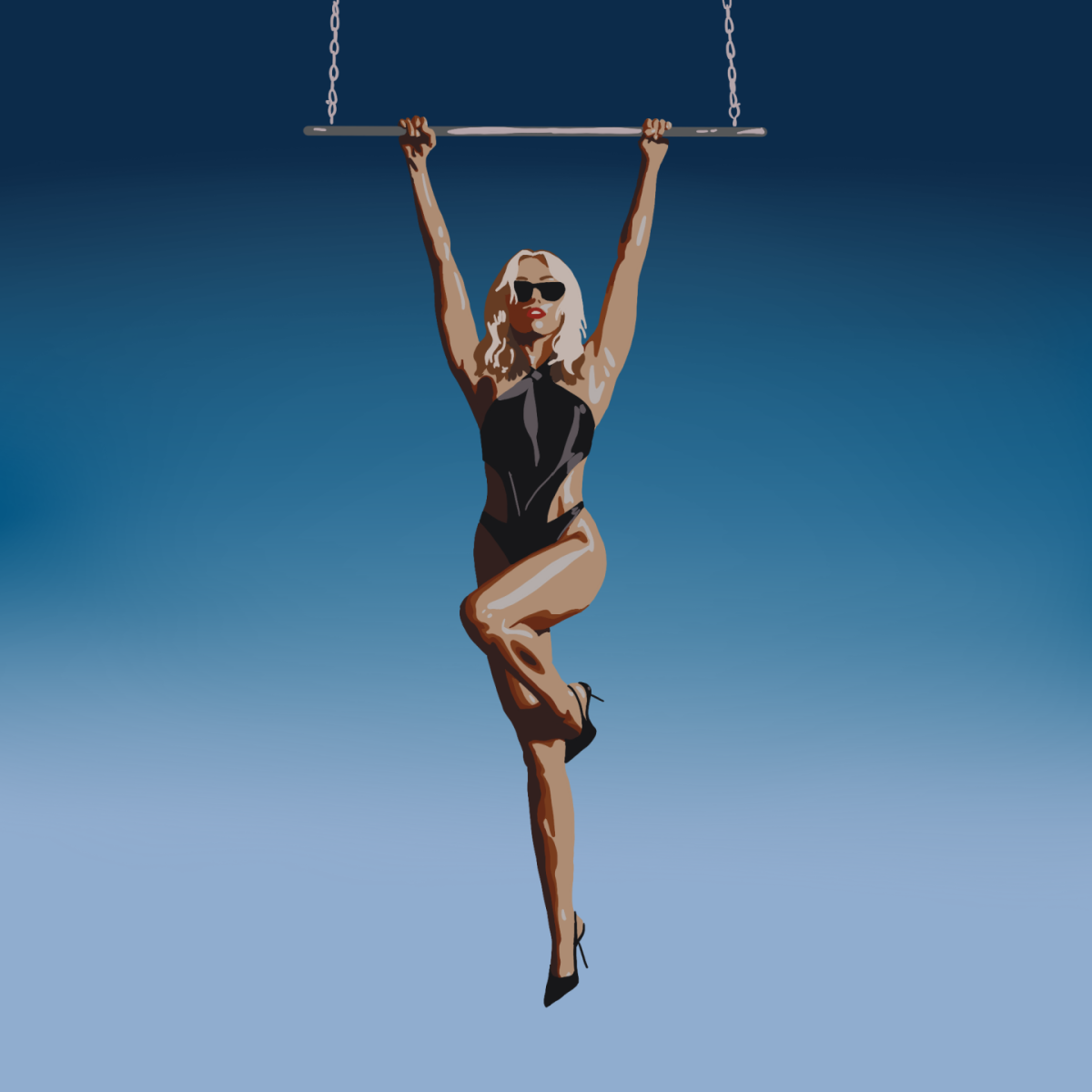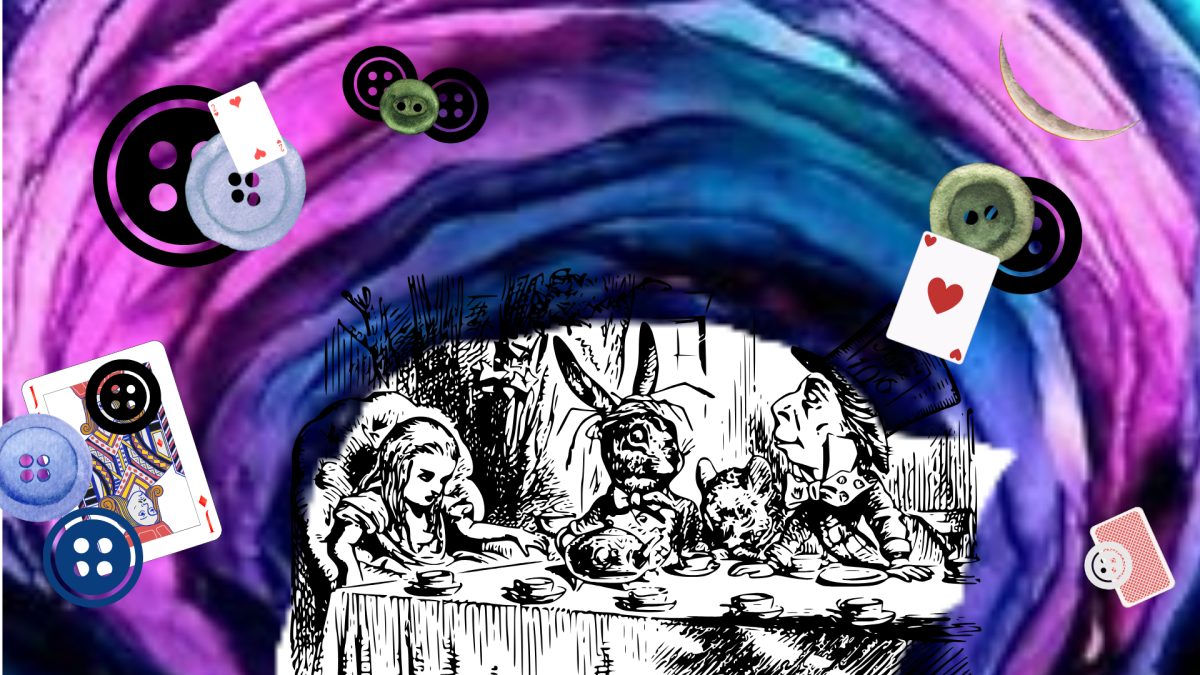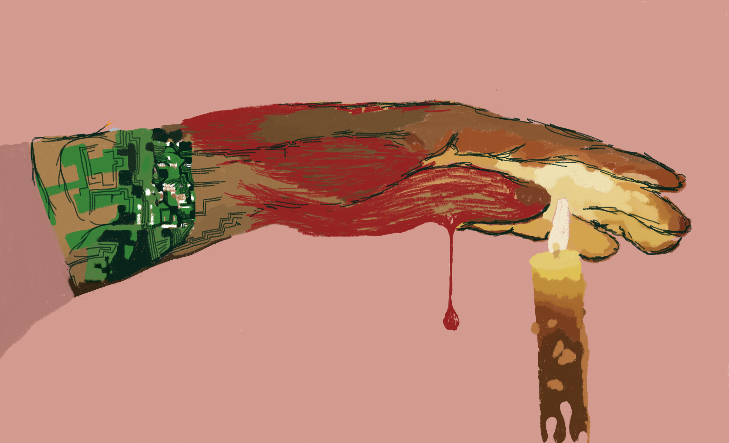Miley Cyrus released her eighth album “Endless Summer Vacation” Mar. 10. The album provides insight to Cyrus’ relationship with her partners, her family and herself while experimenting with psychedelic pop and social commentary but ultimately sticking to the status quo.
“Flowers,” Cyrus’ single released in January, opens the album. The self-love anthem is catchy and beachy, feeling reminiscent of Cyrus’ 2017 album “Younger Now.” The song and its follow-up, “Jaded,” indicate what songs like “Rose Colored Lenses” and “You” seem to conflict with — the relationship is over, and Cyrus couldn’t be happier.
While Cyrus’ marriage to Liam Hemsworth ended in 2019, it seems unfair to attribute every artistic move of Cyrus to her romantic partners or lack thereof. The rollercoaster of emotions listeners experience from “Jaded,” with the lyrics “I’ll change my number but keep your T-shirt/ I don’t mind it’s torn up and faded/ I’m sorry that you’re jaded,” to “Rose Colored Lenses,” where she sings “Wearing rose-colored lenses, let’s just play pretend/ Wearing rose-colored lenses, pretend we’ll never end,” is not all that unrealistic when it comes to experiencing heartbreak. The switch between the initial hyper-independent attitude of “Flowers” to the nostalgic feelings of “You” creates a relatable experience for Cyrus’ audience.
“You” is a ballad in which Cyrus gets real about what she desires in a relationship, or rather in one relationship. She names a variety of adventures she would take only with “you.” Cyrus mentions in the outro something she has publicly spoken about only minimally: her faith. She sings, “I don’t need Jesus, ‘cause baby, you saved me, I’m done/ But only if it’s with you.”
The religious imagery is significant due to Cyrus’ past comments on her decision to leave the church because of its treatment of LGBTQ members — Cyrus has said she herself is pansexual. While it is unclear, and arguably irrelevant, if a queer relationship is the subject of “You,” Cyrus’ positioning of her romantic partner above Jesus and their love above the concept of religious salvation is a bold lyrical choice offering social commentary in the midst of Cyrus’ heartbreak anthems.
The sixth track, “Handstand,” is a dreamy experimental sound for Cyrus, clearly distinct from her typical pop style. The track is futuristic, bordering on psychedelic pop with its synth sounds and Cyrus’ understated vocals compared to her typical grittiness. It’s clear this was a leap for Cyrus, but it’s one that paid off — “Handstand” is the standout sound of the album despite Cyrus’ lacking lyrics.
Prior to the release, Cyrus revealed the album is divided, with the first half representing morning and the second half representing night. “Handstand” seems to act as the buffer between the two, with a distinct shift being made with “River.”
“River” delivers the danceability that “Flowers” promised, representing the party-girl lifestyle that Cyrus has so heavily been associated with. She leans into this further in “Violet Chemistry” with the lyrics “And the lights come on but you don’t want to leave/ Stay awhile, stay awhile with me” and again in “Wildcard,” with “Don’t wait for me/ ’Cause forever may never come/ I’m a wildcard.” Unfortunately, the songs blend together — not just in content, but in sound.
Aside from the demo version of “Flowers,” “Endless Summer Vacation” ends with “Wonder Woman,” a sweet serenade dedicated to the women in Cyrus’ family. In theme with the rest of the album, Cyrus admires the strength of her mother and grandmother, taking the album to a subtle close.
In her lengthy music career, Cyrus has dabbled in hip hop, country pop and rock but seems to have settled on playable, easy-listening pop music. Overall, “Endless Summer Vacation” is likely exactly what existing fans of Cyrus were hoping for, but it fails to draw in a new audience. “Handstand” shows potential for a new sound for Cyrus and with it new listeners, but the question is if Cyrus wants it.














